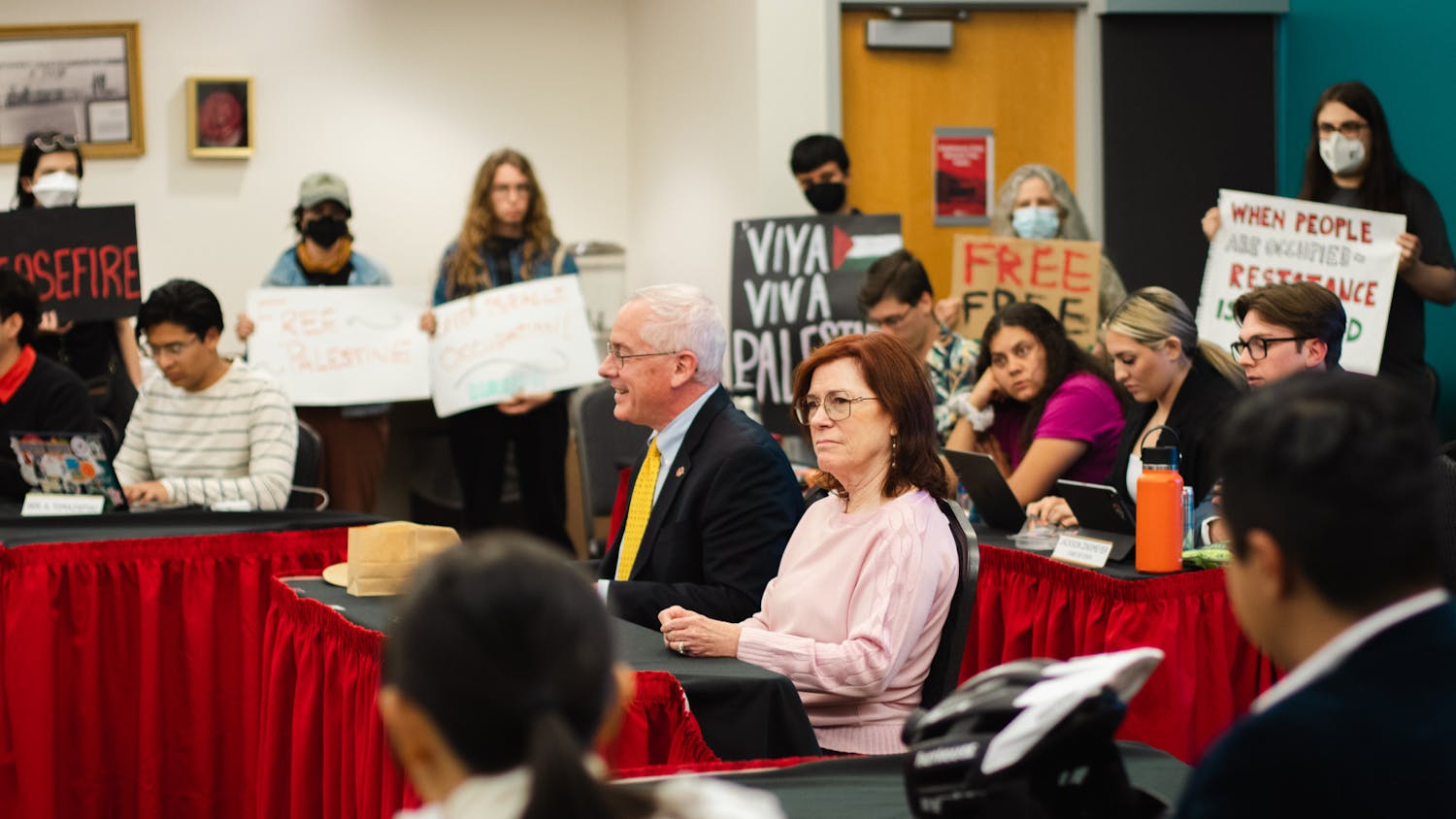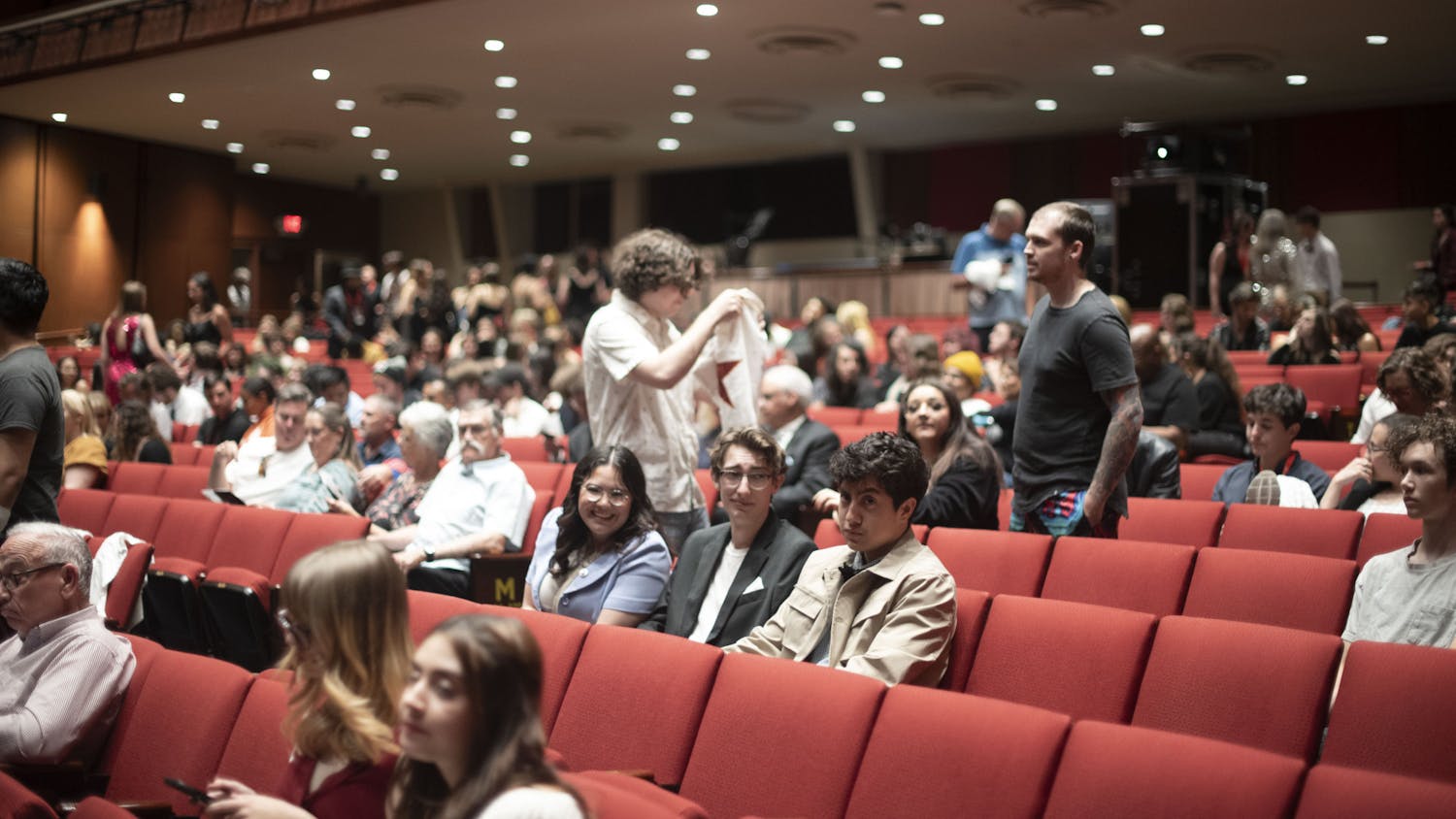In partnership with the American Historical Association and the Andrew W. Mellon Foundation, the Department of History will be putting on a two-day seminar titled “What Use Is History? Scholarship, Skills and Careers,” from Feb. 26-27. The seminar will feature speeches and panel discussions from distinguished alumni and special guests who have used their history degrees in unique and unexpected ways, like former Vice President of Merrill Lynch & Co., Robert Donia, who will deliver the keynote speech.
“We’re trying to give our students more control over their career, and equipping them with as many diverse and varied skill sets as possible,” said Jennifer McPherson, AHA Mellon graduate coordinator and conference organizer. “Not only are they bringing the research and writing to the stage, they can also develop skills in PR, marketing, data analysis and web design. All of this is part of the history package in the 21st century.”
The UNM Department of History was one of four universities around the country to be selected for a major grant from the Mellon Foundation and the AHA, in order to develop pilot programs that would broaden the career horizons for their graduate and Ph.D. students, McPherson said. The conference was meant to address a growing concern among history and humanities graduate students who were finding it much harder to follow the traditional career track that leads to becoming a tenured college professor.
“It’s an attempt to diversify the history Ph.D. program. For so long historians have been perceived, at least by the general public, as just being in the classroom or working a public history role — traditional career tracks,” McPherson said. “UNM is a perfect example where students and Ph.D.s have pursued traditional career tracks, but we also have historians working in business, nonprofits, private and public sectors.”
A major focus of the conference will be the larger world of career opportunities that are now available to history Ph.D.s, she said. Twenty-five guest speakers, many UNM alumni, will be discussing how they used their history educations to get jobs in the private sector, nonprofits, government and other unique places, she said.
“There was a feeling among Ph.D. students who were looking in the job market and were not finding jobs, because there is an overabundance of Ph.D.s searching, and there’s fewer and fewer jobs,” McPherson said. “You can either look at it as a glass half empty or half full, and we’re seeing it as half full. Although our students might think there’s a crisis in the job market, we don’t need to limit ourselves to just academic positions. There’s a whole other world available to history Ph.D.s.”
Eric Payseur, the AHA/Mellon Foundation Post-Doctoral Fellow for Career Diversity, who also helped organize the conference, described himself as an atypical Ph.D. student.
Originally majoring in English, he eventually got a master’s degree in integrated studies, and even lived in Poland for three years teaching English.
Payseur said he thought being a university history professor would be a cushy job, with easy hours and summer vacations. When he realized it wouldn’t be as easy as he thought, he realized he needed to be more flexible with his career possibilities.
“I think I’m a sort of prototype for the kind of graduate students we’re trying to encourage,” he said. “We want students to broaden their skills and perspectives, take time off between degrees and don’t just be narrowly focused — because it may not work out the way you planned.”
Payseur worked hard to organize the second day of the conference, which will be focusing more on the practical side of things. He will be leading students through an “elevator pitch” seminar, where students will learn how to sell themselves to potential employers, showing them the unique skills and knowledge they bring to the table, he said.
Get content from The Daily Lobo delivered to your inbox
“Some places we have to have a conversation to explain, ‘this is why you need a historian on your team.’ The reality is that most people with high-level humanities and history degrees are getting decent paying jobs,” he said. “They may not be a university professor — they might be elsewhere.”
There will also be a graduate-level internship seminar, where students can learn new skills that will compliment their traditional academic training and allow them to look for a broader array of jobs, he said.
“Everyone really should check this out, especially skeptics who feel that a history degree is not going to get you a good job,” Payseur said. “I think they’ll see that we’re attuned to the job market, and we’re working on it.”
McPherson agreed and said that, ironically, history students should be looking into the future, not the past.
“Let’s not talk about the crisis, let’s talk about how we can expand and reach beyond the University,” she said.
Jonathan Baca is the news editor at the Daily Lobo. He can be contacted at news @dailylobo.com or on Twitter @JonGabrielB.





